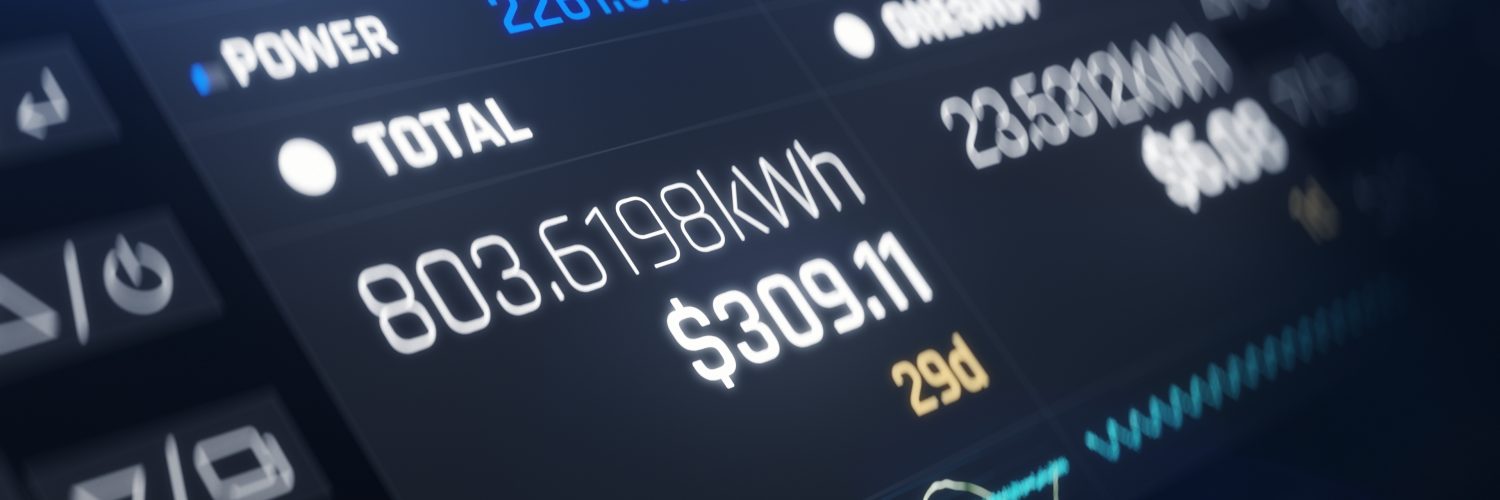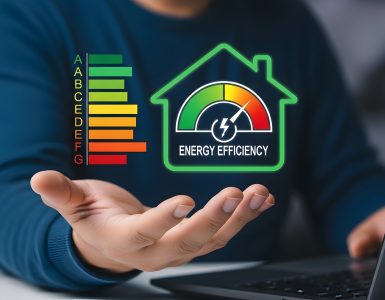Navigating the selection of the right energy monitor for your sub-metering needs can feel overwhelming. Simplify the process with these helpful tips!
In an era where sustainability is paramount, understanding and managing our energy consumption has become a crucial aspect of daily life, and that includes being able to find the right energy meter. Energy monitoring meters serve as indispensable tools, allowing us to track, analyze, and optimize our energy usage. Whether for residential or commercial purposes, finding the right energy monitoring meter tailored to your specific needs is key. Here’s a comprehensive guide to assist you in this endeavor.
Assess Your Requirements
Before choosing a meter, consider the following factors:
Purpose:
- Residential or commercial: Determine whether you need the meter for your home or a business.
- Specific Needs: Identify if you require detailed monitoring for a specific area or overall energy consumption. For example, you might need to monitor multiple circuits, allowing you to track various appliances or systems independently. This can provide a more granular understanding of energy distribution and help optimize usage across different areas.
Features:
- Real-time Monitoring: Do you prefer instantaneous updates to track your energy usage at any time?
- Data Accessibility: Consider if you want remote access to your data from anywhere.
- Additional Features: Some meters offer additional capabilities, such as forecasting, compatibility with smart home systems, and reporting features. Assess if you need any of these extras.
- Multiple Circuits or Submetering: If you’re managing multiple energy sources or areas, selecting a meter that can monitor multiple circuits is crucial. Submetering allows you to break down energy usage by location, equipment, or department, providing a comprehensive view of where energy is consumed and produced.
Budget:
- Initial Cost vs. Long-Term Savings: Evaluate how much you’re willing to invest upfront versus the potential savings through efficient energy management.
- Understand ongoing costs associated with energy monitoring platforms, such as hidden monthly fees.
Consider Compatibility and Connectivity
Compatibility:
- Device Compatibility: Ensure the meter is compatible with your electrical systems and devices.
- Software Compatibility: Check if the meter integrates with your preferred software or smart home systems.
Connectivity:
- Wi-Fi/Bluetooth Capabilities: Determine if you require wireless connectivity for ease of access and remote monitoring.
- Data Transmission: Consider the method of data transmission—some meters offer cloud-based storage or mobile app access.
Research and Compare Options
Read Reviews:
- Customer Reviews: Look for user experiences and feedback on reliability, accuracy, and ease of use.
- Expert Opinions: Seek advice from professionals or experts in the field.
Compare Specifications:
- Accuracy: Look for meters with high accuracy ratings for precise monitoring.
- Data Storage: Consider the capacity for data storage, especially if you prefer long-term analysis.
- Support and Maintenance: Check for warranties and available customer support channels.
Finalize and Install
Once you’ve narrowed down your options:
- Consult Professionals: Seek guidance from electricians or energy specialists for installation guidance.
- Follow Instructions: Adhere to manufacturer guidelines for proper installation and setup.
- Test and Monitor: Ensure the meter is functioning correctly and start monitoring your energy consumption.
Conclusion
Choosing the right energy monitoring meter is pivotal in effectively managing energy usage. By evaluating your needs, understanding different meter types, considering compatibility and connectivity, and conducting thorough research, you can confidently select a meter that aligns with your objectives.
Remember, the goal is not just acquiring a meter but leveraging it to make informed decisions that promote energy efficiency and contribute positively towards sustainability efforts. Whether you need a basic system for overall consumption or detailed submetering for multiple circuits, investing time and effort into selecting the ideal energy monitoring meter will undoubtedly pay off in the long run, both in terms of cost savings and environmental impact. Start your journey toward efficient energy management today!















